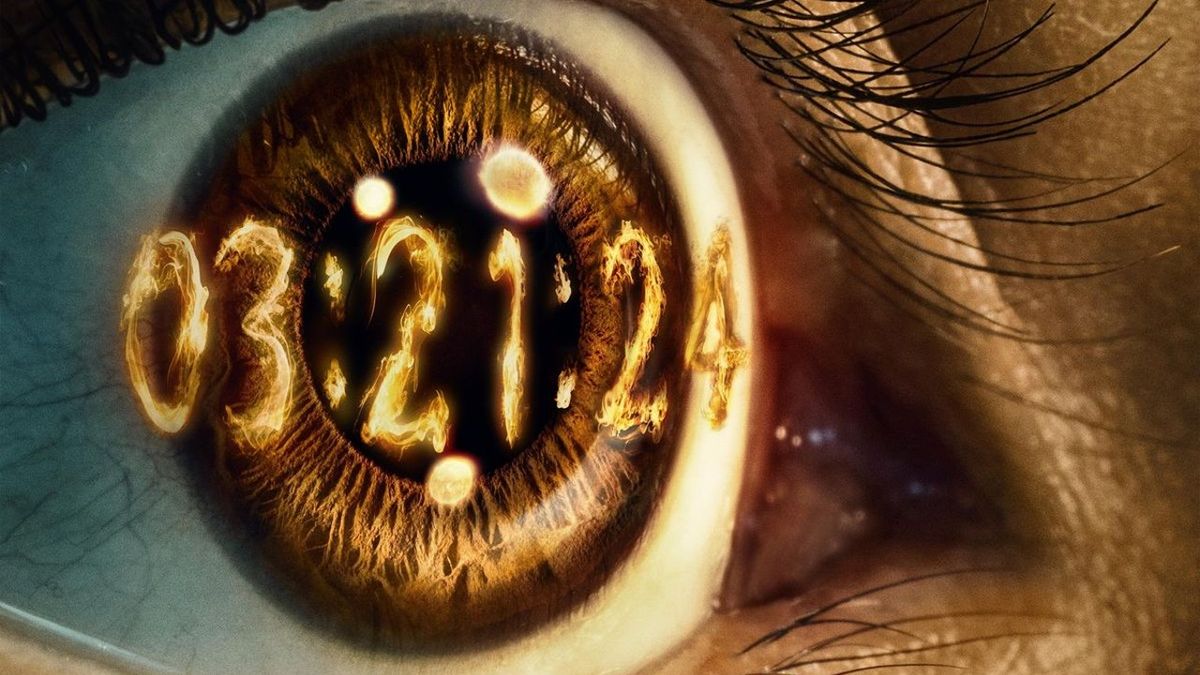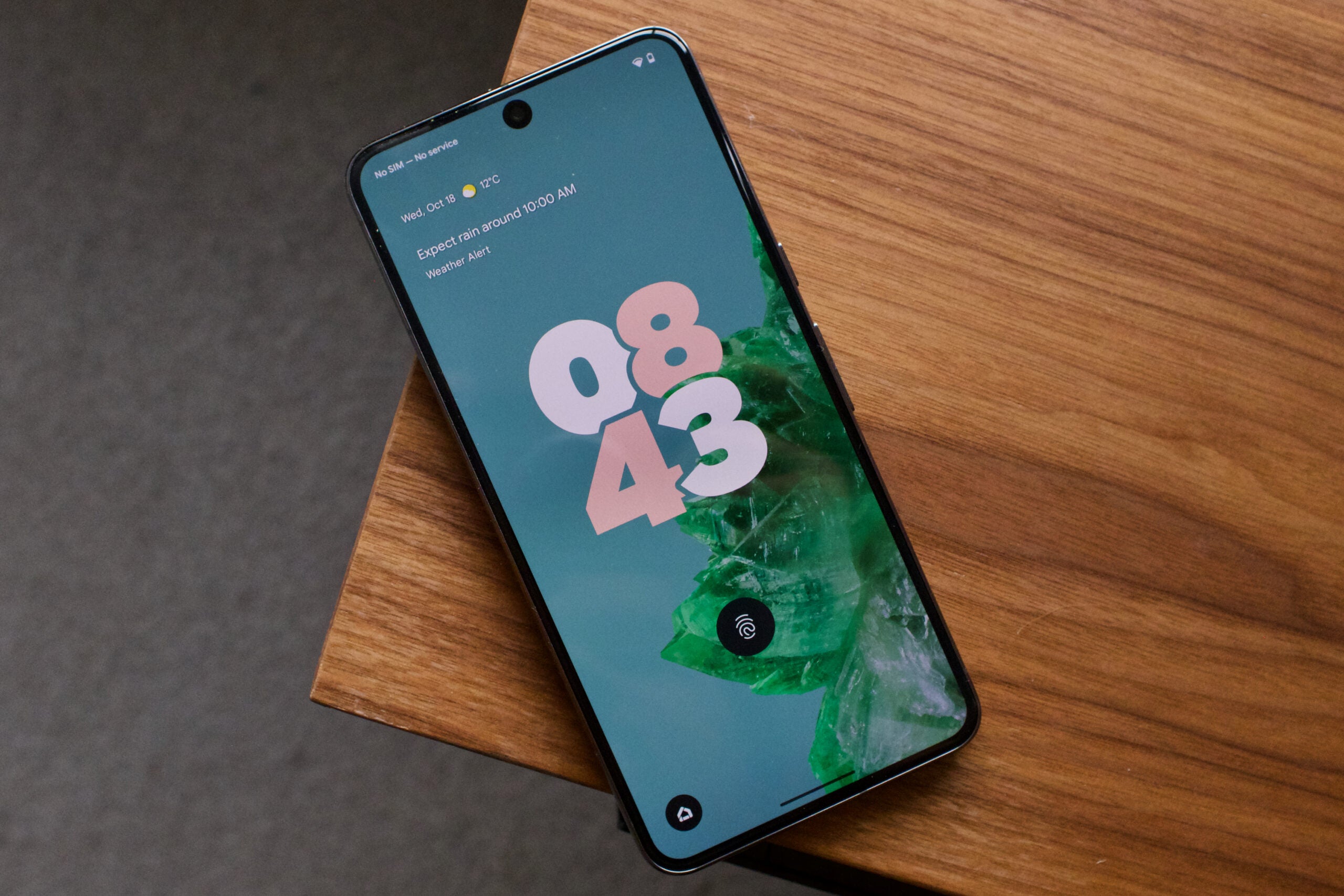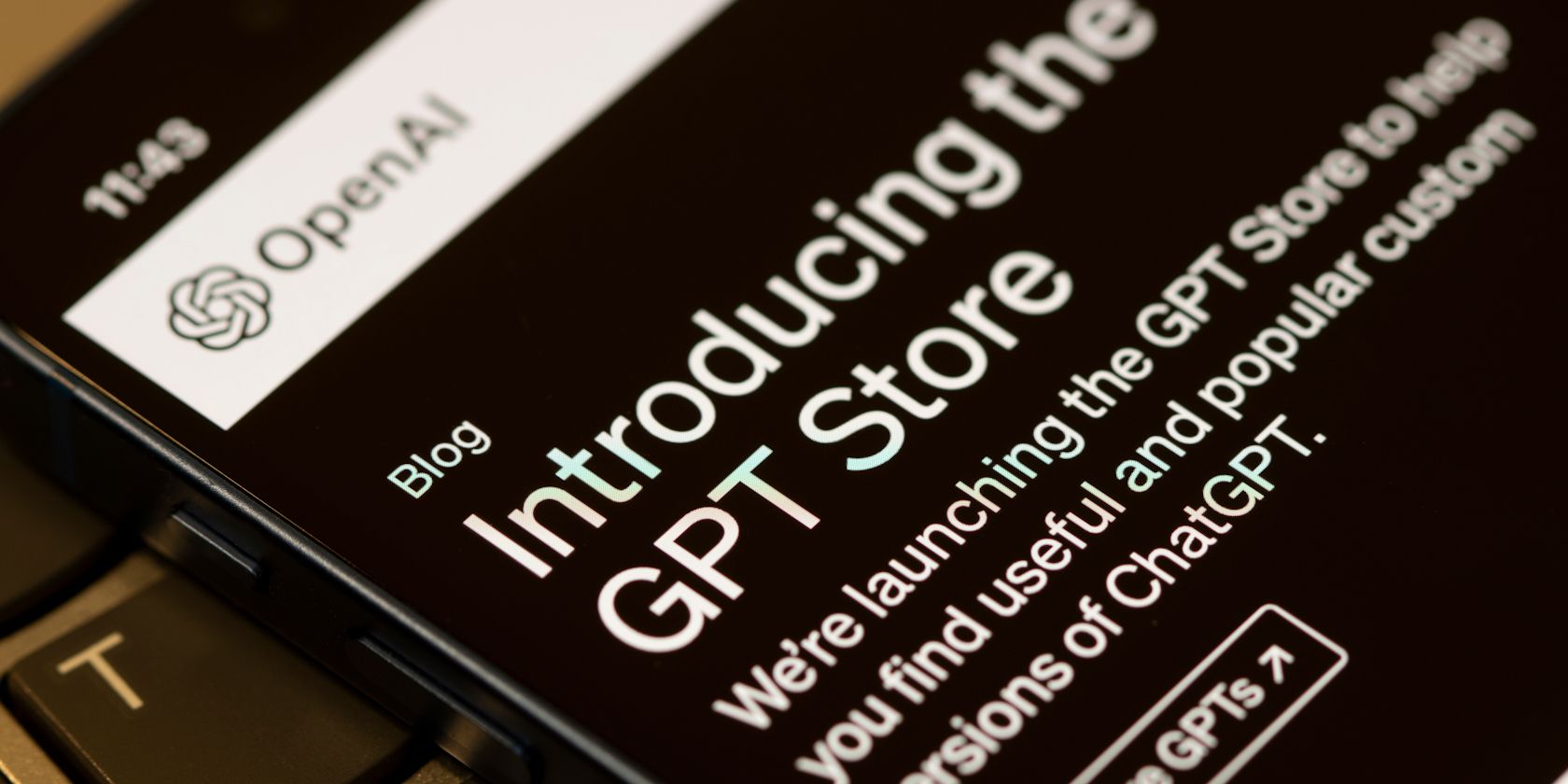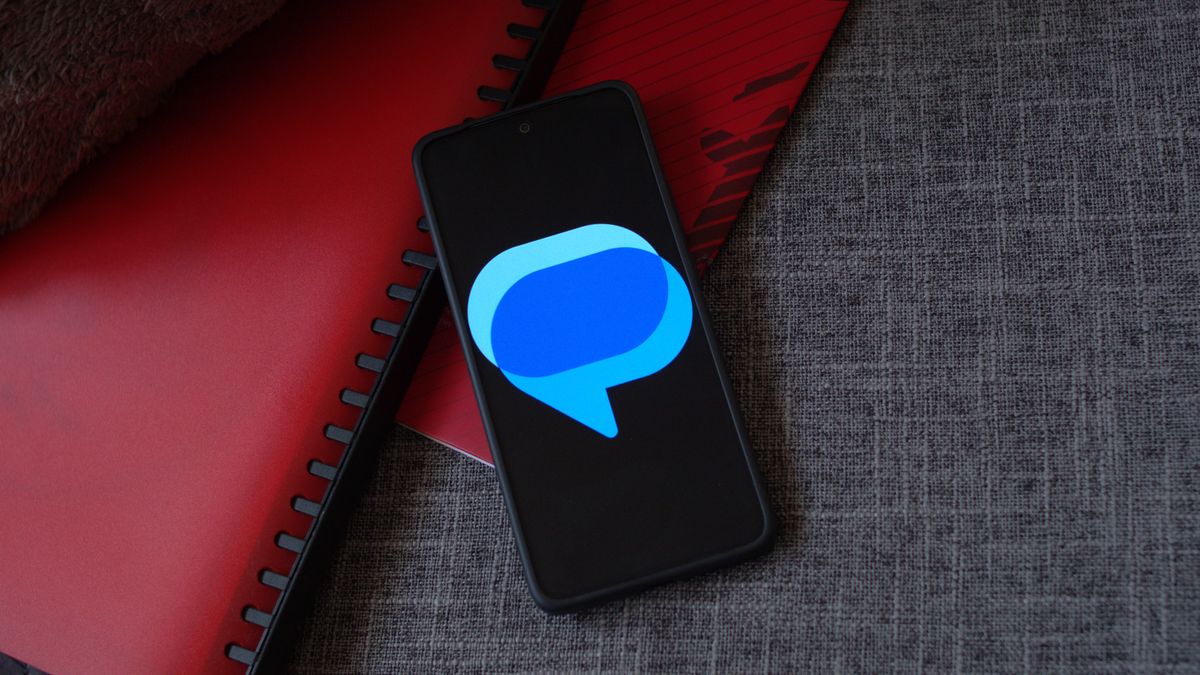Info needs to be free. That statement, first made in 1984, anticipated the web and the world to return. It price nothing to digitally reproduce information and phrases, and so we have now them in numbing abundance.
Info additionally needs to be costly. The correct data on the proper time can save a life, make a fortune, topple a authorities. Good data takes effort and time and cash to provide.
Earlier than it turned brutally divisive, earlier than it alarmed librarians, even earlier than the legal professionals have been unleashed, the newest battle between free and costly data began with a charitable gesture.
Brewster Kahle runs the Web Archive, a venerable tech nonprofit. In that depressing, scary first month of the Covid pandemic, he had the notion to attempt to assist college students, researchers and basic readers. He unveiled the Nationwide Emergency Library, an enormous trove of digital books largely unavailable elsewhere, and made entry to it a breeze.
This good deed backfired spectacularly. 4 publishers claimed “willful mass copyright infringement” and sued. They received. On Friday, the publishers mentioned via their commerce affiliation that they’d negotiated a cope with the archive that might take away all their copyright books from the location.
“The proposed judgment is an appropriately severe bookend to the courtroom’s decisive discovering of legal responsibility,” mentioned Maria Pallante, chief government of the Affiliation of American Publishers. “We really feel excellent about it.”
The archive had a muted response, saying that it anticipated there could be modifications to its lending program however that their full scope was unknown. There may be additionally an undisclosed monetary cost if the archive loses on attraction.
The case has generated quite a lot of bitterness, and the deal, which requires courtroom approval, is prone to generate extra. Either side accuses the opposite of unhealthy religion, and calls its opponents well-funded zealots who received’t take heed to cause and need to destroy the tradition.
In the course of this mess are writers, whose job is to provide the books that include a lot of the world’s finest data. Regardless of that central position, they’re largely powerless — a well-known place for many writers. Feelings are working excessive.
Six thousand writers signed a petition supporting the lawsuit, and a thousand names are on a petition denouncing it. The Romance Writers of America and the Western Writers of America joined a quick in favor of the publishers, whereas Authors Alliance, a bunch of two,300 teachers whose mission is to serve the general public good by extensively sharing their creations, submitted a quick for the archive.
It’s not often this nasty, however free vs. costly is a wrestle that performs out repeatedly towards all types of media and leisure. Neither aspect has the higher hand endlessly, even when it typically appears it would.
“The extra data is free, the extra alternatives for it to be collected, refined, packaged and made costly,” mentioned Stewart Model, the know-how visionary who first developed the formulation. “The extra it’s costly, the extra workarounds to make it free. It’s a paradox. Either side makes the opposite true.”
A Cultural Tug of Battle
Common entry to all information was a dream of the early web. It’s an concept that Mr. Kahle (pronounced “kale”) has lengthy championed. As america lurched to a halt in March 2020, he noticed a chance. The Web Archive could be a short lived bridge between beleaguered readers and the volumes shut away in libraries and colleges.
It didn’t prove that method, not a bit — the emergency library shut down in June 2020 — and three years later Mr. Kahle remained offended and annoyed. There was one vivid spot. The Board of Supervisors of San Francisco, the capital of Silicon Valley, had simply handed a decision in assist of digital libraries and the Web Archive.
The decision was largely symbolic, however the message was precisely the one which Mr. Kahle had been attempting to get throughout with out a lot success, notably in courtroom. It championed “the important rights of all libraries to personal, protect and lend each digital and print books.”
“Libraries got here earlier than publishers,” the 62-year-old librarian mentioned in a latest interview within the former Christian Science church in western San Francisco that homes the archive. “We got here earlier than copyright. However publishers now consider libraries as customer support departments for his or her database merchandise.”
Librarians are custodians. Mr. Kahle has spent his profession working in tech, however he needs the longer term to behave slightly extra just like the previous.
“If I pay you for an e-book, I ought to personal that e book,” he mentioned. “Firms used to promote issues. Media corporations now hire them as a substitute. It’s like they’ve tentacles. You pull the e book off the shelf and say, ‘I feel I’ll maintain this,’ after which the tentacle yanks it again.”
Some needed background: When a bodily e book is bought, the “first sale” provision of copyright legislation says the creator and writer don’t have any management over that quantity’s destiny on the planet. It may be resold, and so they don’t get a reduce. It may be lent out as many occasions as readers demand. The knowledge within the textual content flows freely via society with out leaving a hint. Religions and revolutions have been constructed on this.
Due to their digital nature, e-books are handled a lot in a different way. They will’t be resold or given away. A library that desires to lend e-books should purchase a license from the copyright holder. These subscriptions might be restricted to quite a lot of reads, or by intervals of a 12 months or two. All the things is tracked. Libraries personal nothing.
The Web Archive’s lending program, developed lengthy earlier than the pandemic, concerned scanning bodily books and providing them to readers in its Open Library, a observe known as managed digital lending.
One reader at a time may borrow every scanned e book. If the library or considered one of its companions had two copies, two readers at a time may borrow it. The archive defended making its personal e-books by citing honest use, a broad authorized idea that allows copyrighted materials to be quoted and excerpted, and the first-sale doctrine: It may do what it wished with its personal books.
No cube, wrote Choose John G. Koeltl of U.S. District Court docket in Manhattan. His resolution granting abstract judgment for the publishers in March went far past the pandemic library. Any profit for analysis and cultural participation, he mentioned, was outweighed by hurt to the publishers’ backside line.
The Web Archive misplaced its courtroom battle at a second of rising concern about whether or not tech, leisure and media corporations are as much as the job of sustaining the general public’s entry to a wide-ranging tradition. Warner Bros. Discovery, for instance, wished to reduce its Turner Basic Films cable channel, a citadel of cinema historical past and artwork. It was stopped by an uproar.
New know-how means tradition is delivered on demand, however not all tradition. When Netflix shipped DVDs to clients, there have been about 100,000 to select from. Streaming, which has a special economics, has lowered that to about 6,600 U.S. titles. Most are up to date. Solely a handful of films on Netflix have been made between 1940 and 1970.
Libraries have historically been sanctuaries for tradition that would not afford to pay its personal method, or that was misplaced or buried or didn’t match present tastes. However that’s in danger now.
“The permanence of library collections might turn into a factor of the previous,” mentioned Jason Schultz, director of New York College’s Know-how Regulation & Coverage Clinic. “If the platforms resolve to not provide the e-books or publishers resolve to drag them off the cabinets, the reader loses out. That is just like when songs you search for on Spotify are blanked out as a result of the file firm ended the license or when motion pictures or tv reveals cycle off Netflix or Amazon.”
The triumphant publishers — HarperCollins, Penguin Random Home, Hachette and John Wiley & Sons — declined to remark via the Affiliation of American Publishers. In its “reflections” on the case, the publishers’ group mentioned it was merely defending the rights of writers.
“On the planet of publishing, authors are our heroes,” it mentioned.
The publishers affiliation mentioned the archive was unrepentant and inconceivable to barter with: It “refused to halt or have interaction in discussions, and after being sued, it selected to speed up its actions.”
Mr. Kahle denied refusing to barter. “They by no means approached us — they only sued,” he mentioned.
The Authors Guild, which submitted a quick on behalf of the publishers, mentioned Mr. Kahle and his supporters wanted to acknowledge that rights obtainable to homeowners of bodily books merely didn’t make sense within the digital period.
“Digital is totally different than print as a result of it’s infinitely copyable and unprotectable,” mentioned Mary Rasenberger, the chief government of the guild and a copyright lawyer. “If anybody may name themselves a library, arrange an internet site and do the very same factor the archive did, writers would have completely no management over their work anymore.”
Conventional libraries promote discovery, however publishers perennially fear that they price gross sales.
“Most publishers usually are not purely profit-driven,” Ms. Rasenberger mentioned. “If one have been, you can think about it may not permit libraries to have e-books in any respect.”
Writers Caught within the Center
The Web Archive is finest identified for the Wayback Machine, which permits entry to net pages of the previous. Mr. Kahle is a longtime fixture in digital data circles, an fanatic whose zeal is palpable.
He was an entrepreneur of data within the Nineteen Nineties, culminating in a search and net evaluation engine known as Alexa, after the Library of Alexandria. Amazon purchased Alexa in 1999 for $250 million, years earlier than it launched a private assistant with the identical identify. Mr. Kahle turned his full consideration to the archive, which he based in 1996 and now employs a few hundred folks. It’s supported by donations, grants and the scanning it does for different libraries.
In 2021, when the archive celebrated its twenty fifth anniversary, Mr. Kahle talked in regards to the destiny of the web in an period of megacorporations: “Will this be our medium or will or not it’s theirs? Will or not it’s for a small controlling set of organizations or will or not it’s a typical good, a public useful resource?”
The archive had been lending e book scans for years. Publishers didn’t prefer it however didn’t sue. What made the pandemic emergency library totally different was that the brakes have been eliminated. If 10 folks, or 100 folks, wished to learn a specific e book, they may all accomplish that without delay.
The emergency library “was as restricted as a small metropolis library’s circulation degree,” Mr. Kahle insisted. “This was at all times beneath management.”
Nevertheless it didn’t seem that technique to the writers who took to Twitter to level out that the books within the library have been written by human beings who have been typically poorly paid and never benefiting from this free data in any respect.
Margaret Owen, an creator of fashionable books for younger adults, wrote in a 23-post broadside on Twitter that providing up free books to an viewers that would afford to pay for them was, “at this level in historical past, chopping into our cash for hospital and/or funeral payments.”
The publishers sued over 127 titles, many by well-known writers, together with J.D. Salinger, Sylvia Plath, James Patterson, John Grisham and Malcolm Gladwell. They requested damages of $150,000 per e book.
Some writers had second ideas. N.Okay. Jemisin and Colson Whitehead deleted their important tweets. Ms. Owen, requested final month by The New York Instances if she stood by her tweets, responded by making her account non-public. Chuck Wendig, a science fiction author, tweeted within the warmth of the second that the emergency library was “piracy.” He was quoted in information reviews and criticized by archive followers, and now has a publish expressing regrets.
Mr. Wendig says he had no half within the lawsuit and doesn’t assist it. Three of the plaintiffs are his publishers, however they’ve “little or no regard for me and don’t take heed to me in any respect,” he wrote in a weblog publish.
Some writers — ones who usually don’t rely on their writing to make a residing — have been at all times towards the swimsuit.
“Authors of all kinds struggle continually towards the danger of digital obscurity; for a lot of readers, particularly youthful readers, if a e book is just not on-line, it successfully doesn’t exist to them,” wrote Authors Alliance, which is predicated in Berkeley, Calif., in its temporary in assist of the archive. (Mr. Kahle is on the alliance’s 25-member advisory board however performed no half within the temporary.)
A 3rd group of writers have continued and even deepened their opposition to the archive.
Douglas Preston, a best-selling thriller author, just about single-handedly led a wing of the writing group in opposition to Amazon and its founder, Jeff Bezos, when the bookseller was embroiled in a dispute with Hachette a number of years in the past. Mr. Preston, a former president of the Authors Guild, now sees Mr. Kahle and his philosophy as extra of a risk than Mr. Bezos.
“Capitalists could also be obnoxious and egocentric and in agency want of restraint, however the actually harmful folks on this world are the true believers who need to impose their utopian imaginative and prescient on everybody else,” Mr. Preston mentioned.
Writers, he added, “are subjected to disparagement and on-line abuse each time we defend copyright or push again on the ‘data needs to be free’ motion. On tech web sites we’re advised we’re egocentric, we’re Luddites, we’re elitists.”
Info Desires to Be Straightforward
Among the many many factors on which the 2 sides disagree is what number of libraries throughout the nation have been lending scans of copyrighted materials. Only some, say the publishers, who paint the Web Archive as an outlier; many, says the archive, which argues this can be a broad pattern.
Karl Stutzman is the director of library companies at Anabaptist Mennonite Biblical Seminary in Elkhart, Ind. He lately had a request from a school member for excerpts from a 30-year-old theology textual content to make use of in a category in Ethiopia, the place the seminary has college students. No e-book was obtainable, and a question to the writer went nowhere.
Previously, the library would have cited honest use and offered scans to the scholars by way of safe software program, however after the March courtroom ruling, Mr. Stutzman mentioned, it’s unclear what’s allowed. One chapter? Two? What number of college students can see a scan? Fifty? 5?
“I’m caught between imposing the present authorized paradigms round copyright and permitting my colleagues to have educational freedom in what they assign college students to learn,” Mr. Stutzman mentioned. He plans to inform lecturers that they want to decide on materials that’s straightforward to license, even when it’s not essentially one of the best, till there may be extra authorized readability.
That readability would come from an attraction, which Mr. Kahle mentioned he meant to mount. Within the meantime, it’s enterprise as standard on the archive. The Nationwide Emergency Library could also be historical past, however the Open Library division nonetheless provides scans of many books beneath copyright. Loans are for one hour or for 2 weeks “if the e book is absolutely borrowable,” a time period that isn’t outlined.
A few of that’s prone to change quickly.
The settlement filed on Friday went far past dropping the 127 titles from the archive to additionally eradicating what the publishers known as their “full e book catalogs.” Precisely how complete this will likely be is as much as the choose.
A separate deal between the publishers affiliation and the archive will present an incentive for the archive to take down works by any writer that could be a member of the commerce group. The motivation: not getting sued once more.
Within the wake of the publishers’ success, different components of the Web Archive have turn into a tempting goal. Common, Sony, Arista and different music corporations sued the archive in New York on Friday, saying it “unabashedly seeks to offer free and limitless entry to music for everybody, no matter copyright.” The plaintiffs cite 2,749 violations, all recorded with an antiquated format used earlier than 1959, for which they’re asking $150,000 every.
“Now the Washington legal professionals need to destroy a digital assortment of scratchy 78 r.p.m. data, 70 to 120 years previous, constructed by devoted preservationists in 2006,” Mr. Kahle mentioned. “Who advantages?”
In a 1996 e book obtainable via the Web Archive, David Bunnell, an early software program chronicler of the private pc revolution, mentioned Mr. Kahle was “sensible” however “very introspective and not sure of himself.”
“If he had Invoice Gates’s confidence, he would change the world,” Mr. Bunnell mentioned.
Mr. Kahle is extra certain of himself now, and fairly decided to alter the world.
Requested if he had made any errors, he ignored the query and returned to the assault: “I want the publishers had not sued, however it demonstrates how vital it’s that libraries stand agency on shopping for, preserving and lending the treasures which can be books.”




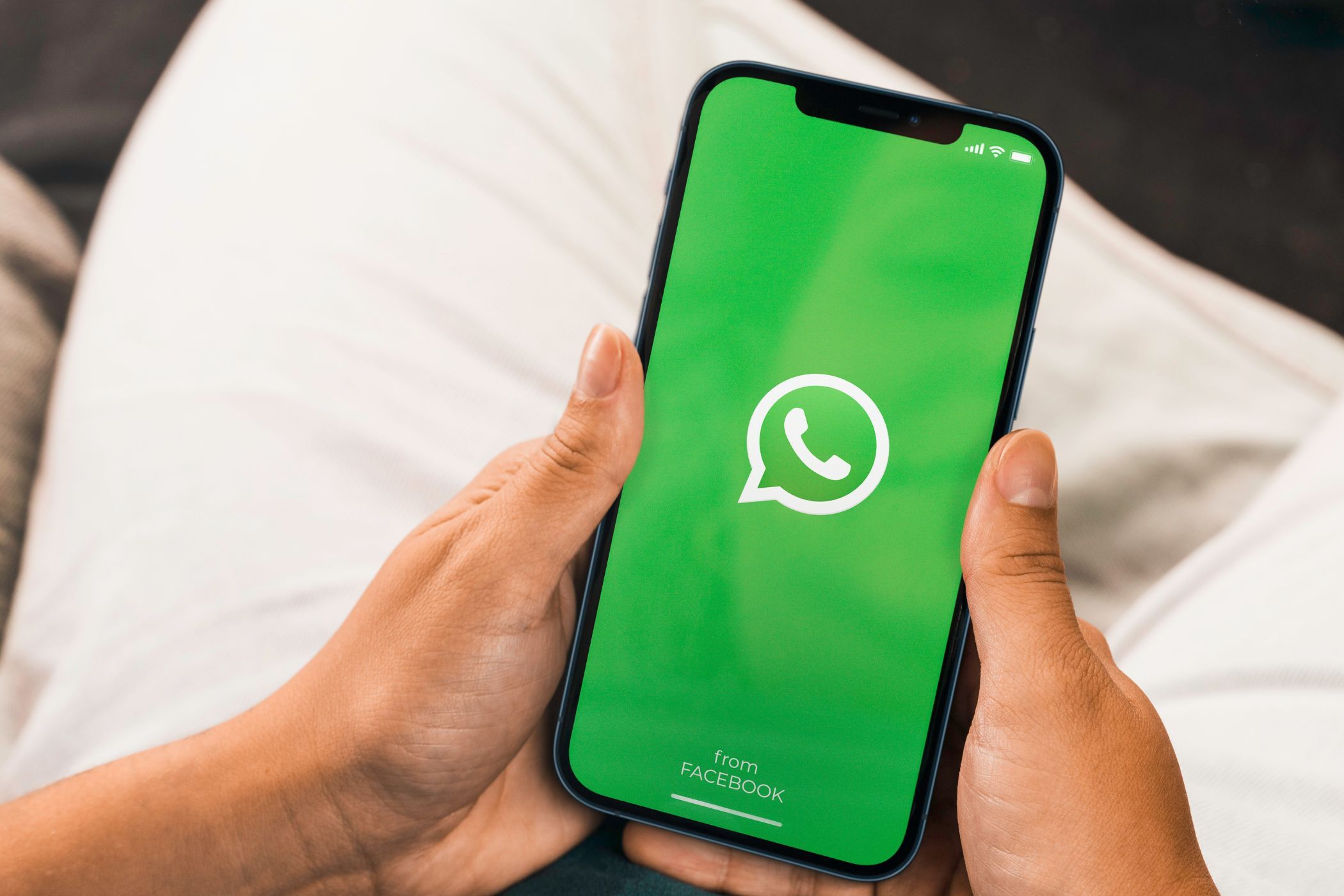


/cdn.vox-cdn.com/uploads/chorus_asset/file/25693470/ecobee_x_Yale_x_August___1.jpg)
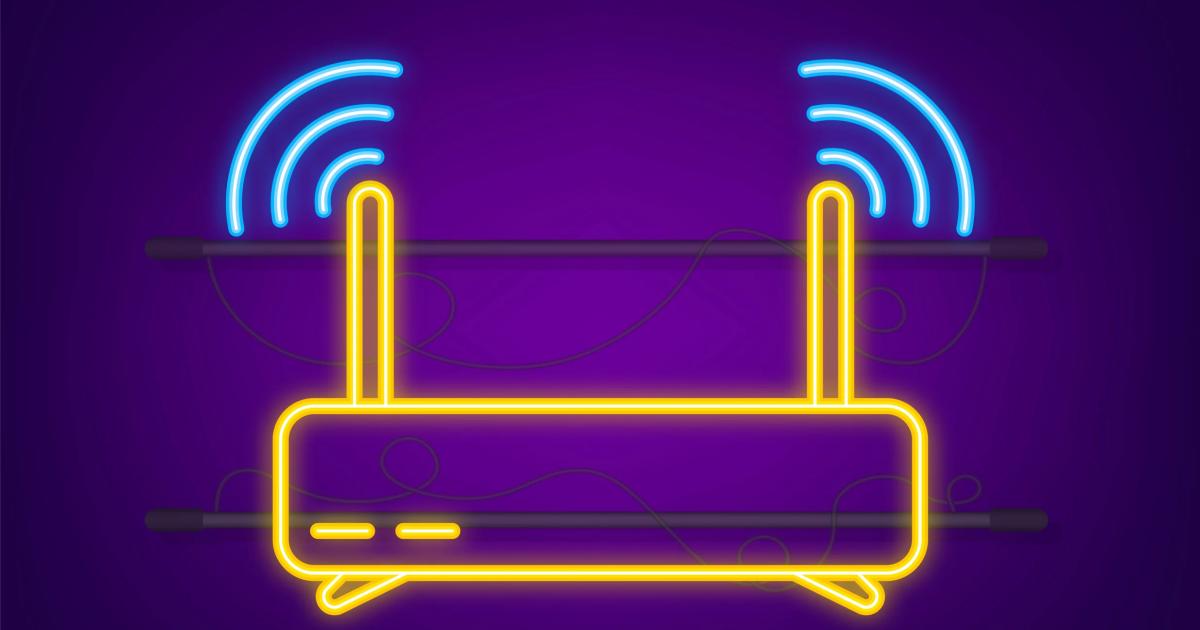

/cdn.vox-cdn.com/uploads/chorus_asset/file/24840750/STK200_Musk_vs_Zuck_03.jpg)



